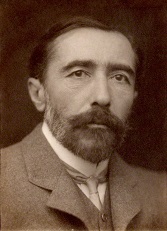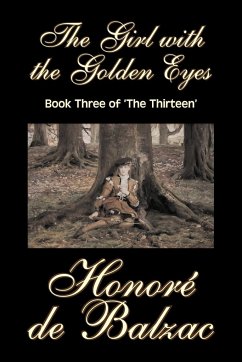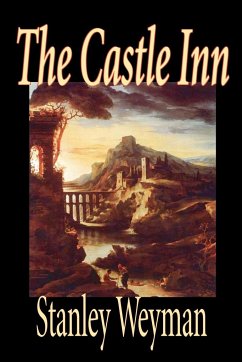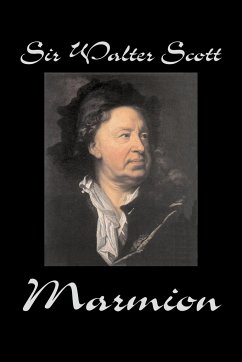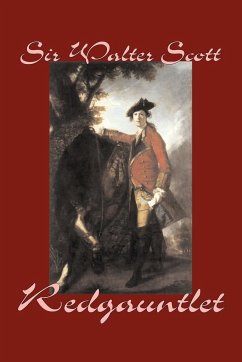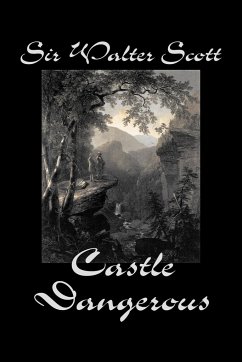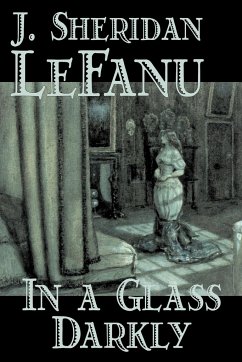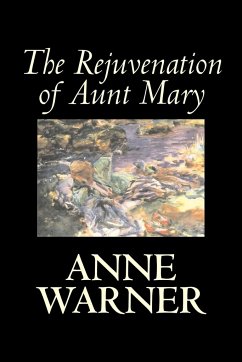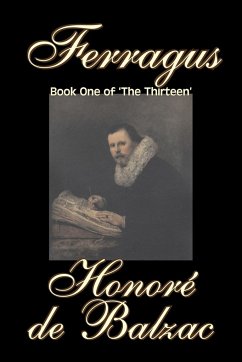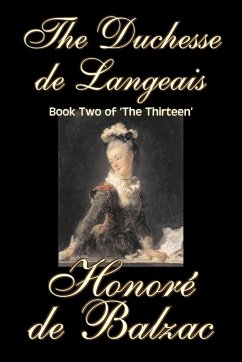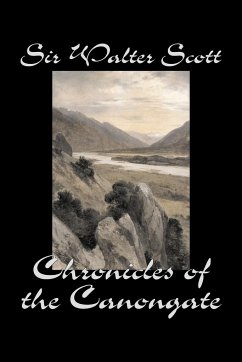
Gaspar Ruiz by Joseph Conrad, Fiction, Literary, Historical
Versandkostenfrei!
Versandfertig in 1-2 Wochen
12,99 €
inkl. MwSt.

PAYBACK Punkte
6 °P sammeln!
A Revolutionary war raises many strange characters out of the obscurity which is the common lot of humble lives in an undisturbed state of society. Certain individualities grow into fame through their vices and their virtues, or simply by their actions, which may have a temporary importance; and then they become forgotten. The names of a few leaders alone survive the end of armed strife and are further preserved in history; so that, vanishing from men's active memories, they still exist in books. The name of General Santierra attained that cold, paper-and-ink immortality. He was a South Americ...
A Revolutionary war raises many strange characters out of the obscurity which is the common lot of humble lives in an undisturbed state of society. Certain individualities grow into fame through their vices and their virtues, or simply by their actions, which may have a temporary importance; and then they become forgotten. The names of a few leaders alone survive the end of armed strife and are further preserved in history; so that, vanishing from men's active memories, they still exist in books. The name of General Santierra attained that cold, paper-and-ink immortality. He was a South American of good family and the books published in his lifetime numbered him amongst the liberators of that continent from the oppressive rule of Spain. . . .





